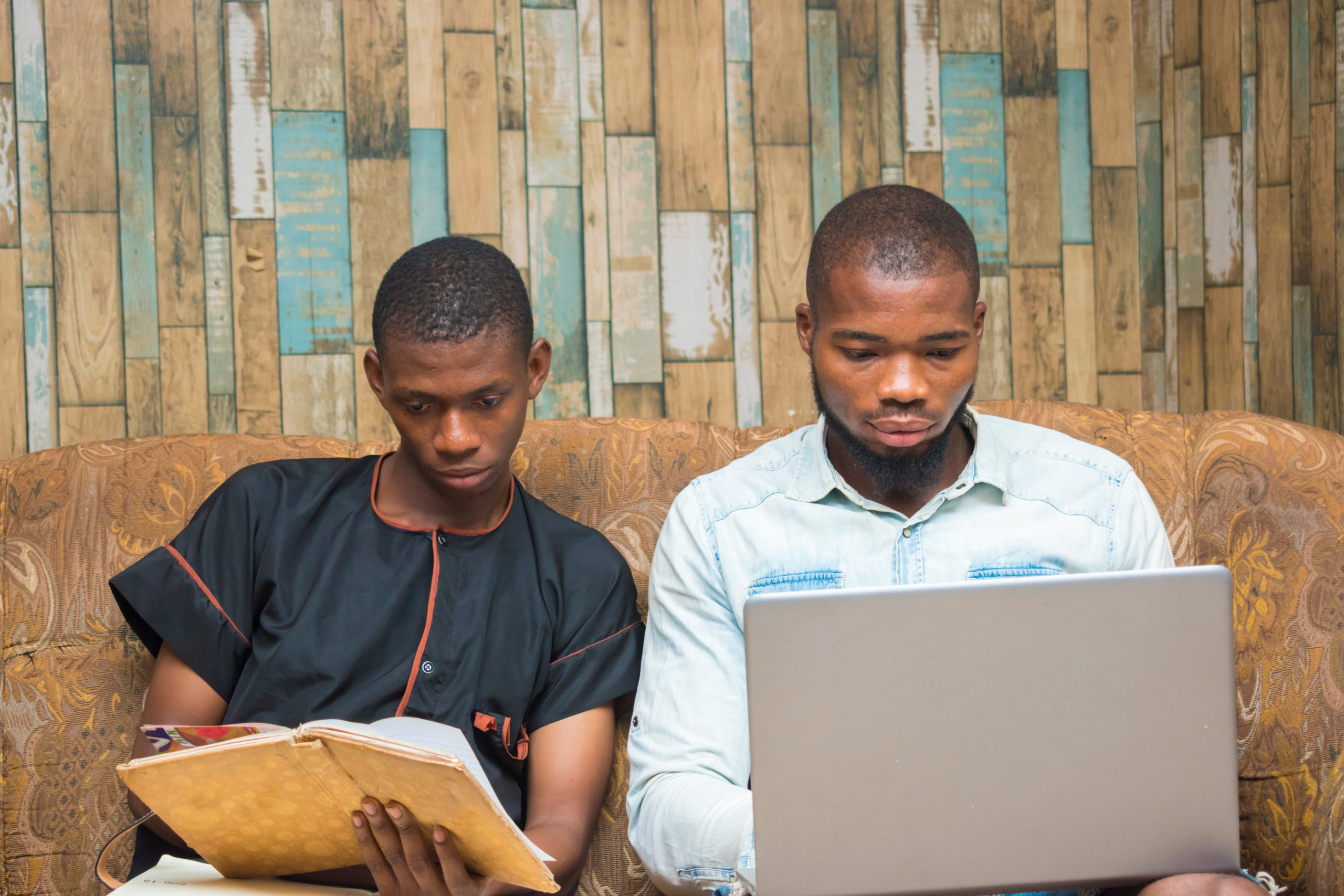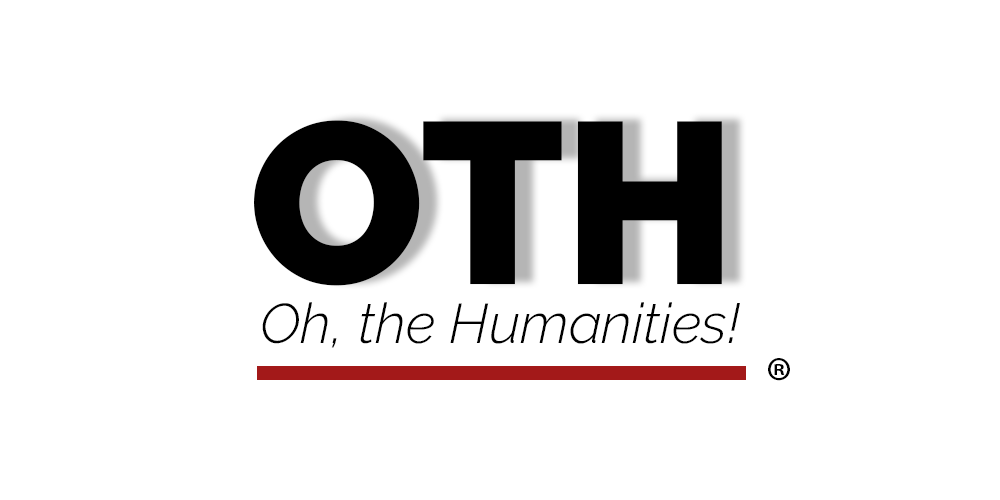
by Lee Walton
A little over one year ago, I came to New York University with the mission of supporting The Third Chapter Project, Inc. (TCP) by studying International Education and Development. In the past year, I have come to respect that the education inequities and the root causes/solutions we find in Africa are quite complex. Just like the proverbial elephant, no single touch can adequately describe the whole animal. No amount of theory in the classroom can prepare you for what is happening in the field. Spending eight weeks in three African countries made me realize that, just like the children’s game of whack-a-mole, for every well-intentioned solution, another problem pops up.
TCP was founded to support higher education in humanities and social science by increasing access to digital scholarly knowledge and expanding the dissemination of knowledge products of African scholars through publishing and disseminating their work. When I started TCP, I was not fully aware that the issue I was trying to address was impacted by the intricate web of the education system. What I came to realize was that teachers are at the heart of this. Quality scholarly output is only a step in the cycle of education and can only be accomplished by scholars who have had an education that prepares them for higher education. This is a cyclical issue. Basic, or primary education needs to have well-educated and trained teachers to provide quality education for children, but if governmental and nonprofit agencies focus only on grades K-12, then how does the system expect to improve teacher quality without supporting higher education? This issue further amplifies the economic inequalities within these countries and the global community.
In Kampala, Uganda, I met with the Vice Chancellor of a well-respected university. He shared with me stories of professors ghosting classes, students who would receive good grades to keep quiet about missing classes, and students who were truant but expected good grades anyway. In Ghana, we heard about low teacher salaries and low standards for admission into the profession. We saw teachers coping with inadequate resources and large classes. In South Africa, we spoke to the Secretary General of the South African National Commission for UNESCO, the director of Basic Education, and the staff at the National Research Foundation. Of the 83% of students that pass their matric test (to move on from high school), only 23% are prepared for the rigors of university. We saw afterschool programs that are trying to bridge that knowledge gap among children in the townships, but the statistics are low for these children. According to Dr. Teboho Moja of NYU, only 10% of the first-grade cohort of black township children will make it to high school, and only 5.3% of black Africans ages 18 to 29 are enrolled in universities. The World Bank reported earlier this year that South Africa has the largest income inequality of all 164 reporting countries. Ten percent hold 85% of the wealth and 50% have more debt than assets (Sguazzin, 2021). The country has an overall unemployment rate of 28%, but a rate of 38.6% for blacks. Children of affluent parents go to private schools as do the children of middle-class families who spend disproportionately on education. It is not uncommon for children to be expelled mid-year for late or missed payments. This is similar to the situations in other African countries as stated in the article by Luke Akaguri, when he asks the question “Do poor rural families really have a choice?” (Akaguri, 2014). Akaguri states that because of fees in arrears, the dropout rate for rural Ghanaian children in private schools is about 8%. On top of this, teachers in Africa are insufficiently trained: “In sub-Saharan Africa, only about one-quarter of pre-primary teachers are trained. Upper secondary school teachers have a slightly better ratio: about 50% have training (The Borgen Project, 2017).
The picture is not all bleak. While in Ghana, NYU students had the pleasure of meeting with Denis Elello and Anais Doynaba, and their team at Education International (EI), an international teachers union. Internationally EI is made up of 400 affiliates representing over 32.5 million teachers in 178 countries. EI Accra is a regional office supporting 121 member organizations in fifty-three African countries. Because EI Africa is part of a global federation of teachers’ unions, they have access to a pool of information and resources including best practices for educational issues and systems. They are setting standards for teacher training certification and advocating for educators with governmental agencies when it involves educational policymaking decisions that shape education systems. They fight for the rights of teachers worldwide and work to promote gender and racial equality issues. With their #Studentsbeforeprofit campaign, EI is pushing back on the global rush to commercialize education through the privatization of schools. This issue is about access to quality education and it has great importance in middle and low-income countries where resources are scarce and marginalized children are often sidelined.
On September 19, 2022, government leaders were to come together to address teachers’ concerns, especially how to meet the UN sustainability Goal 4 of quality education for all by 2030. EI has been using social media and member activism to increase awareness and influence politicians as well as policymakers.
Teach for the Planet is another campaign that is designed to incorporate climate change and environmental education through science into curricula around the world after witnessing the damage our (wealthy countries’) modernization and consumption attitudes have had on the well-being of African citizens. The garbage we have either produced (fast fashion) or encouraged (plastic use) has no place to go and either piles up, floats out to sea, or is burned (creating toxic air). In 2021, EI introduced a report at the United Nations Climate Change Conference (or, COP26) in Glasgow, titled Education International Climate Change Education Ambition Report Card. This report identifies issues and perpetrators/contributors to the pollution problems and uses education in science and climate change to be the framework for change.
The current focus of EI Accra regional was on the following:
- Advocating for educational financing
- Advocating for UN sustainability goals
- Defending members – protecting working conditions
- Democracy and civic educational support
- Protecting gender rights
- Child labor awareness and advocacy
- Advocacy for progressive taxation
- Scholarship to encourage women teachers into higher education (15% representation currently)
- Capacity building – strengthen unions
- Developing frameworks – toolkits for educators
- Research into the issues of access and equity
- Mobilization/take action
- Policy briefs – What are the issues and what can we do about them?
- PACT Pan Africa Teachers Center – support training and professional development
- African Women in Education Network (AWEN) – encouraging more women teachers
Education International represents 3 million teachers in Africa from kindergarten to university. They are a strong force with a good organization, but so much more needs to be done. They are fighting the good fight. Teachers are the backbone of education and education either transforms or replicate the inequalities of hegemony. Circling back to my original statement about the dichotomy between simple perception and complex reality, no one group can undo the structural inequalities found in Africa. But my money is on the teachers . . . it might a long shot, but it is worth it. Future generations depend on it.
Akaguri, Luke. 2014. “Fee-free public or low-fee private basic education in rural Ghana: how does the cost influence the choice of the poor?” Compare: A Journal of Comparative and International Education, 44(2):140-161
Borgen Project, The. (July 2017). 10 important facts about education in Africa. https://borgenproject.org/10-facts-about-education-in-africa/
Kwauk, Christina. (May, 2022). Education International. 4 alarming findings about education across countries’ Nationally Determined Contributions. https://www.ei-ie.org/en/item/26536:4-alarming-findings-about-education-across-countries-nationally-determined-contributions
Sguazzin, Antony. (Aug. 5, 2021) Time. South Africa Wealth Gap Unchanged Since Apartheid, Says World Inequality Lab. https://time.com/6087699/south-africa-wealth-gap-unchanged-since-apartheid/
